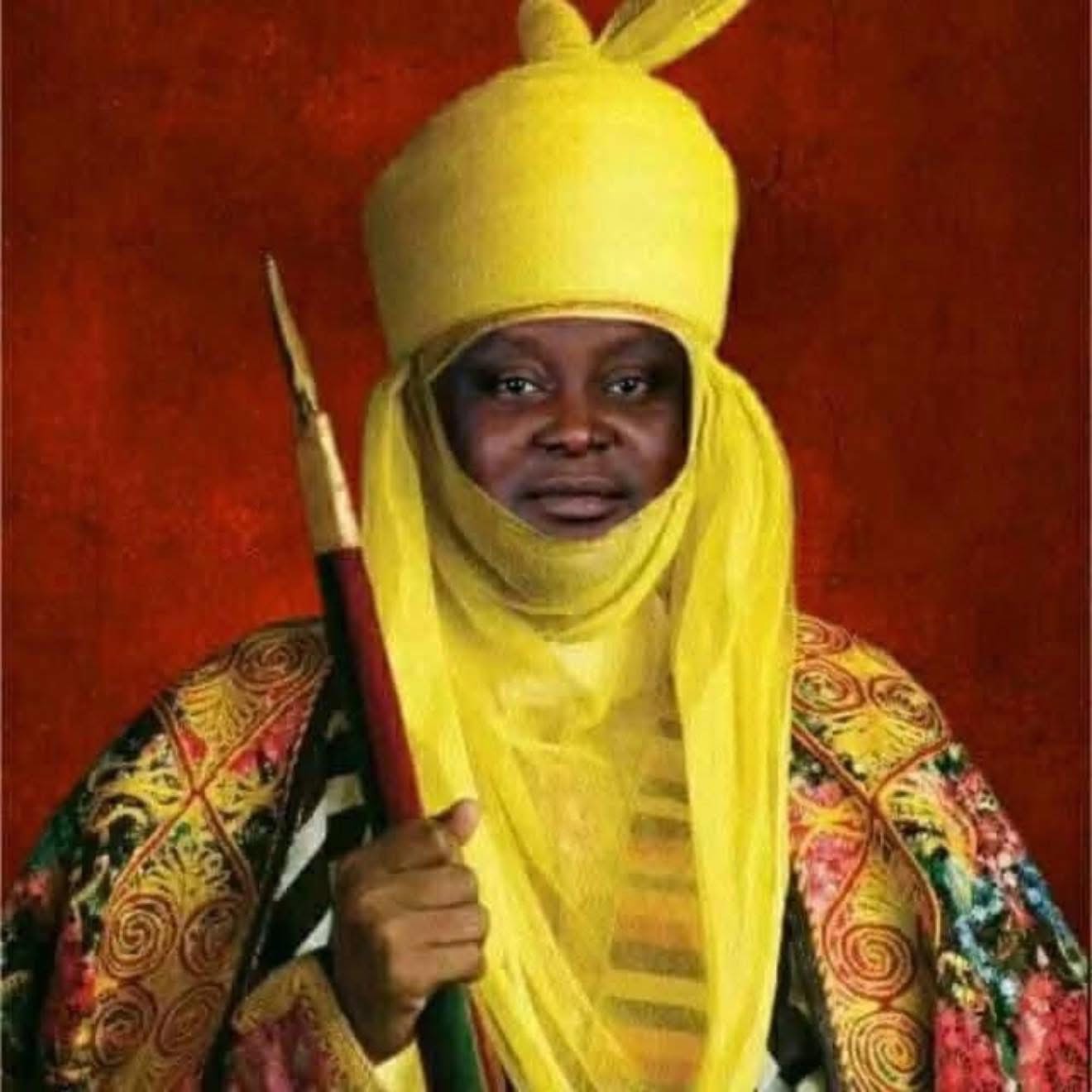News
Hon. Michael Bless Olomu Pays Tribute to Late Abdullahi Alikano, Fondly Known as “Ali K”

The death of Abdullahi Alikano, popularly known as “Ali K,” has left a deep void in the hearts of those who knew him, particularly among former student leaders and advocates of national unity. His passing has drawn emotional tributes, including one from Hon. Michael Bless Olomu, a former Deputy Zonal Coordinator of the National Association of Nigerian Students (NANS) Zone A, who described Alikano as not just a friend but a brother.
In a heartfelt statement, Olomu said he was “beyond gobsmacked” upon hearing the news of Alikano’s death, which came just days after they had spent time together discussing Nigeria’s future. Recalling their first meeting in 1997 or 1998, Olomu noted that what began as a chance encounter quickly evolved into a lifelong bond built on trust, shared ideals, and a common vision for national development.
According to Olomu, Alikano was a “detribalized Nigerian” who rose above ethnic and religious divisions. He said their relationship was rooted in open conversations about Nigeria’s growth and unity, with Alikano consistently advocating for a nation that works for all, regardless of background or creed.
Olomu credited Alikano with playing a pivotal role in shaping his political journey. He stated that it was through Alikano’s support that he emerged as Deputy Zonal Coordinator of NANS Zone A at the Abubakar Tafawa Balewa University (ATBU) in Bauchi in 1999. That milestone, he said, marked the beginning of his involvement in political affairs — an interest that would go on to define his career.
Beyond the political arena, Alikano’s influence extended into cultural exchange and national understanding. Olomu recalled how, due to his friend’s guidance and encouragement, he was able to travel to and engage with communities across Northern Nigeria. From Birnin-Kebbi to Sokoto, Talata Mafara, Zaria, Abuja, Niger, and Bauchi, Olomu said these travels deepened his appreciation for the diversity and unity of the Nigerian people.
Their final meeting took place in late March 2025, when the two men reunited to share ideas and discuss strategies for contributing to a stronger, more inclusive Nigeria. Olomu described the encounter as productive and inspiring, with plans made to meet again in Abuja the following week. That meeting, he said, will now never happen.
“I spent the later part of March 2025 with my brother, engaging in fruitful discussions on building and forging a greater Nigeria,” he wrote. “We had plans to reconnect this week in Abuja before the devastating news this morning.”
In his tribute, Olomu mourned not just the loss of a personal friend, but of a man he described as a beacon of national conscience. He said Alikano’s values, selflessness, and unyielding belief in a united Nigeria would continue to resonate among those who knew and admired him.
“I will miss you, Ali K. I am grateful for a life well lived, albeit short,” Olomu stated. “I will hold dear to my heart, the memories of your very essence. We love you, but God loves you most and has called you home.”
Abdullahi Alikano, through the eyes of his peers, was more than just a political figure or activist — he was a symbol of unity, a mentor to many, and a friend who stood for something greater than himself. As tributes continue to emerge from across the country, it is evident that his impact will not be forgotten.
